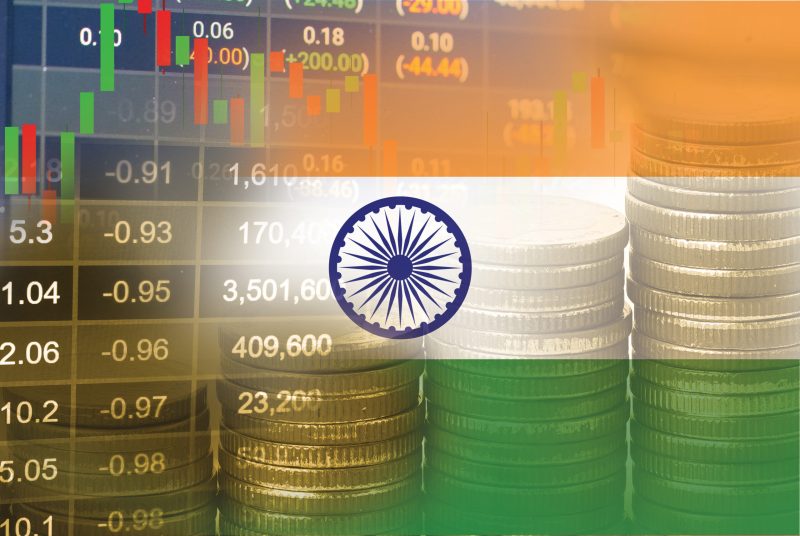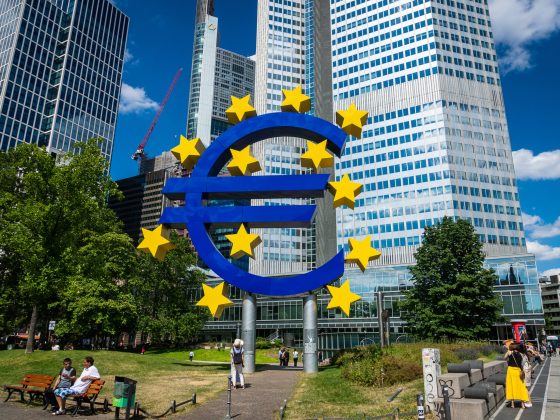For years, India’s stock market has been a prime destination for retail investors seeking better returns than traditional savings.
However, after reaching record highs, the market has entered a prolonged slump, erasing $900 billion in investor wealth since its peak in September.
The benchmark Nifty 50 index has been on its longest losing streak in nearly three decades, with foreign investors pulling out funds and earnings failing to support lofty valuations.
Millions of middle-class investors, many of whom entered the market during the post-pandemic boom, are now facing significant losses.
With rising inflation, stagnating wages, and increasing financial pressures, their confidence is being severely tested. The shift in global capital, growing interest in China, and geopolitical uncertainties have only added to the market’s volatility.
Households shift savings to stocks
Six years ago, only one in 14 Indian households invested in stocks.
Today, that number has surged to one in five.
This shift has been driven by government policies promoting financial inclusion, easy access to online trading platforms, and the influence of social media ‘finfluencers’ encouraging market participation.
Systematic Investment Plans (SIPs) have become a popular route for investors, with the number of SIP accounts soaring past 100 million—nearly three times the figure five years ago.
As the market downturn continues, many retail investors are seeing their portfolios shrink. For those who moved substantial savings from bank deposits to equities, the downturn has been particularly harsh, forcing difficult financial decisions.
With fixed deposits offering lower returns, many investors saw equities as the best option for growing their wealth. The market correction has exposed the risks of over-reliance on stocks, particularly among inexperienced investors.
Many are now considering shifting funds back to safer assets, but the losses they have already incurred make it a challenging decision.
Indian traders face big losses
The impact of the market downturn has been most severe for retail traders who took on excessive risks. Many were drawn in by social media influencers promoting high-risk strategies, including trading in derivatives and penny stocks.
This speculative trading has led to widespread losses, with some investors losing their entire capital.
Indian regulators recently stepped in to tighten oversight on futures and options trading after it was revealed that 11 million investors collectively lost $20 billion.
The regulatory intervention came after a surge in retail participation in speculative markets, encouraged by platforms offering easy access to leverage. The crackdown aims to prevent further financial distress, but for many, the damage has already been done.
Some traders who borrowed funds to invest during the pandemic are now facing mounting debt and pressure from creditors. Many have been forced to liquidate their portfolios at a loss, exacerbating their financial troubles.
The current downturn serves as a stark reminder that stock market investments require careful risk assessment and long-term planning rather than speculative bets.
What can we expect in the coming months?
Despite the ongoing slump, market experts believe that the correction is part of a normal cycle.
Foreign investor selling has eased since February, indicating that the worst may be over.
Valuations for many stock indices have now fallen below their 10-year average, which could attract institutional buyers.
The Indian government’s latest budget, which includes a $12 billion income tax relief, is expected to support consumer spending and corporate earnings in the coming months.
Furthermore, the Reserve Bank of India’s stance on maintaining stable interest rates could provide some stability to the markets.
However, global risks remain a concern. Geopolitical tensions in the Middle East and Ukraine, coupled with the uncertainty surrounding US trade policies, continue to weigh on investor sentiment.
While some analysts believe that India’s economic fundamentals remain strong, the immediate future of the stock market remains uncertain.
Financial advisers are urging investors to take a long-term view and avoid panic selling. Many believe that the market downturn is a necessary correction after years of rapid growth.
For investors who entered the market expecting quick gains, this period serves as an important lesson in managing expectations and understanding the risks associated with equities.
The post India’s stock market sheds $900 billion since September as retail investors face a major test appeared first on Invezz


